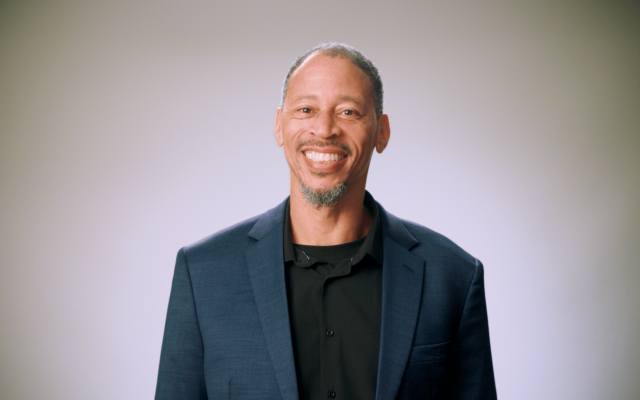Project Overview
The Appellate Project is focused on creating a more just and representative appellate system by supporting talented students and lawyers from underrepresented backgrounds. Through its 50-state network of appellate judges, lawyers, scholars and other volunteers, TAP provides mentorship, clerkship prep, legal writing support, and career guidance to help students understand and confidently navigate this important area of law.
Five Questions
Learn more about this project
Meet our other 2023 awardees
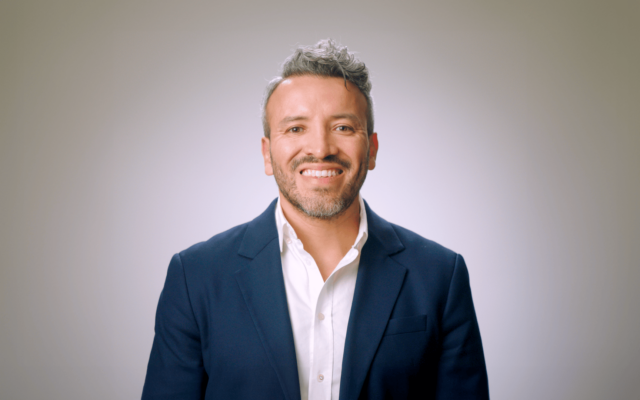
New York
With an unprecedented digital tool, ¡Reclamo! empowers undocumented workers against employer exploitation, simplifies the wage theft reporting process, and aids in the recovery of lost wages.
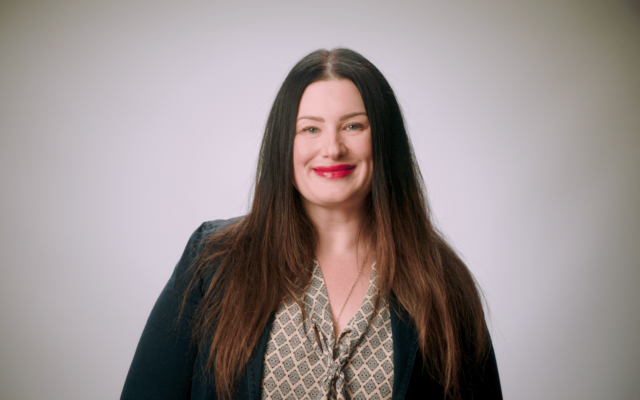
New Jersey (Operating nationally)
New Blue is a national incubator for police-community collaboration to solve the most pressing issues in policing today. Together, police of all ranks and community organizers from across the country develop evidence-based policy solutions that build trust.
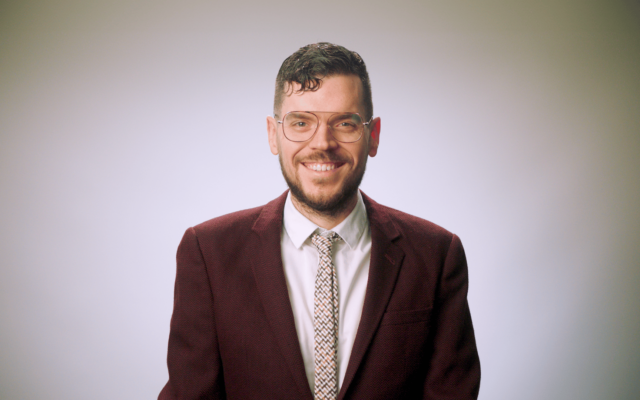
Georgia
With a community organizing approach, New Disabled South is building an unprecedented regional coalition to fight for disability rights and liberation across the American South.
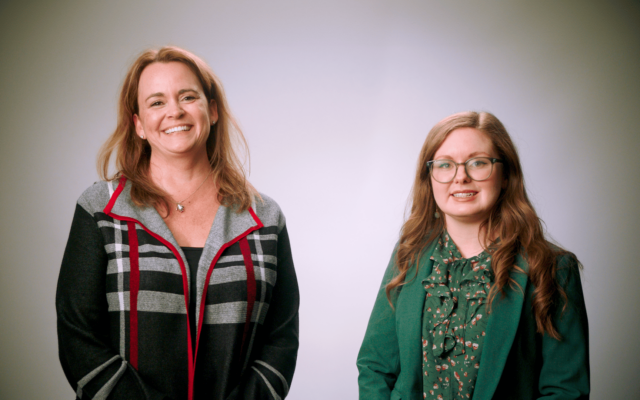
Shanon Miller &Stephanie Phillips
Texas
This hub of material repair, reuse, and re-imagination in San Antonio works to salvage and repurpose construction and demolition waste while supporting affordable housing repair and preservation.
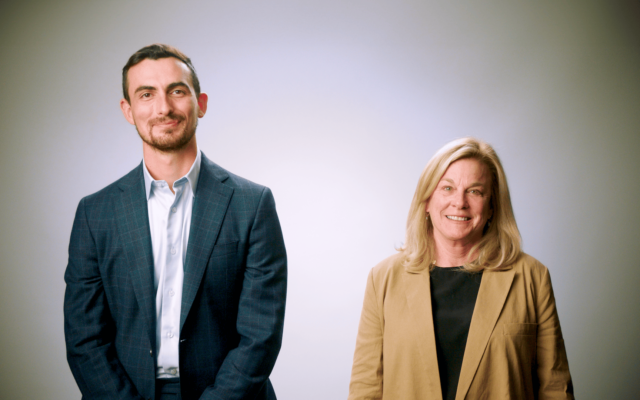
Deborah Moskowitz & Chance Cutrano
California (Operating nationally)
Adapting an age-old practice for today's rice producers, this pilot introduces fish to flooded fields in winter to reduce methane output, enhance biodiversity, and create additional revenue streams.
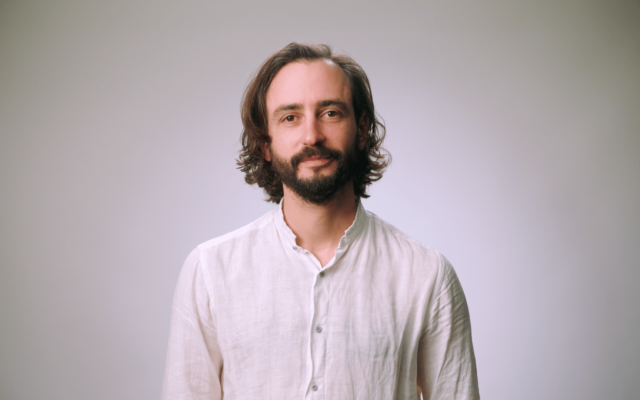
New York (Operating nationally)
Moby is dedicated to combating the environmental and health threats posed by microplastics, capturing and upcycling waste from laundering synthetic materials.
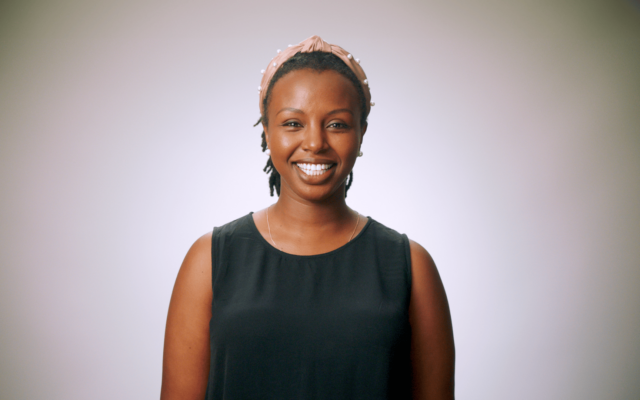
Voices for Advancement Until Language Transformation (VAULT)
North Carolina
Confronting language barriers and inequity in healthcare, VAULT is mobilizing the first community clearinghouse of language access data generated by refugee and migrant communities.
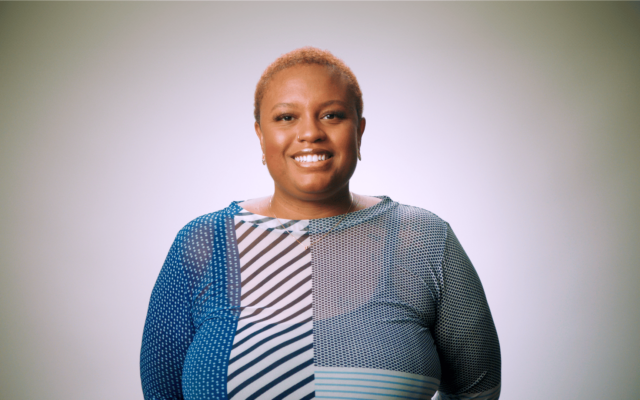
Nebraska
In Nebraska, I Be Black Girl is building a collective of living-wage doulas and birth workers and increasing access to care that centers the voices and experiences of Black birthing people.

 Learn More
Learn More